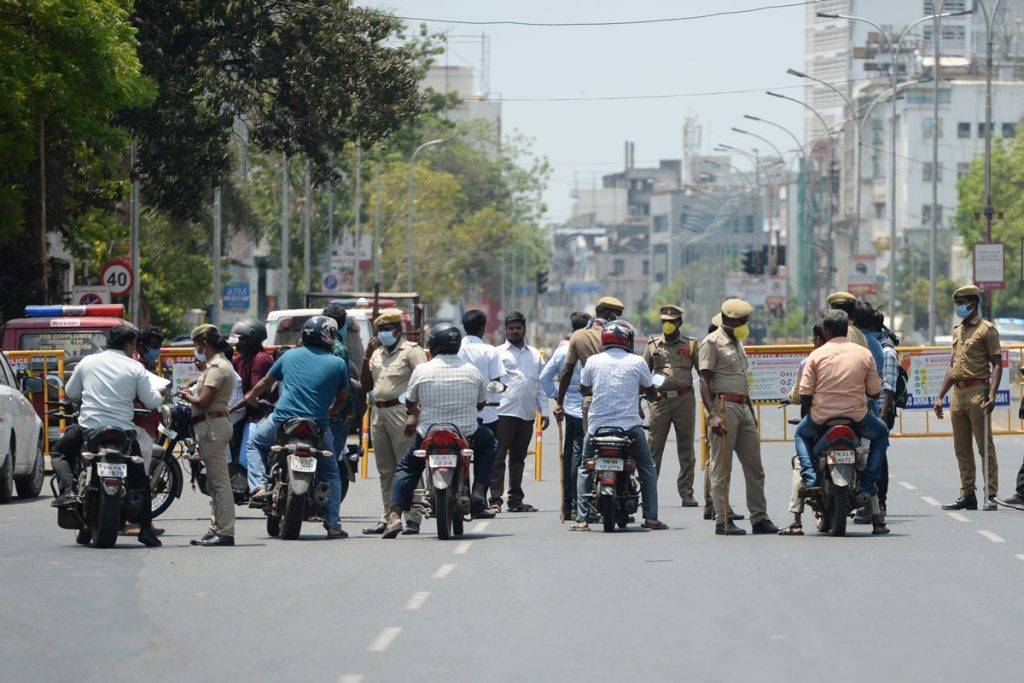
The central government has removed a lot of restrictions across the country amid lockdown 5 or unlock 1.0. Some of these easing of restrictions include removal of prohibitions on inter-state travel. Even though the central government's order said people were free to move between states, but, the local government would have the final say in regards to individual's movement to and from its geography.
There are still few states that continue to either completely restrict such movements or have imposed specific rules for allowing it. So, let’s know about the states where you will still need a travel e pass.
List of states where you will still need a travel e pass
1. Lockdown 5: Delhi
The local government in the country has announced that the city's borders have been sealed for a week so as to control growing number of coronavirus cases. Hence, if you are visiting Delhi or planning to go out from Delhi, you will require the appropriate authority's permission.
2. Lockdown 5: Uttar Pradesh
Though the UP state government lifted the ban on interstate travel, it also allowed Noida & Ghaziabad's district administrations to decide about if they wanted to allow free movement to and from Delhi. They have decided against to allow movement to and from Delhi.
3. Lockdown 5: Chattisgarh
The Chattisgarh’s state government still restricts the interstate movement without a travel e pass. It means you still need permission to travel to and from the state.
4. Lockdown 5: Maharashtra
As this is the most affected state in India, the local government is still restricting interstate travel. But, special trains ferrying migrants & people stranded in other states are available.
5. Lockdown 5: Tamil Nadu
Being the second most affected state in the country, Tamil Nadu is still restricting interstate travel.
6. Lockdown 5: Meghalaya
Here also the state's government has imposed restrictions & extended lockdown, including restrictions on interstate & inter-district movement, till at least June 6.
7. Lockdown 5: Mizoram
The state has extended restrictions on interstate movement.
It is to be kept in mind that even though these states have restricted inter-state movement. It is applied only to individuals for non-essential purposes. In other words, essential service personnel will continue to be free to move, while having the requisite credentials.











